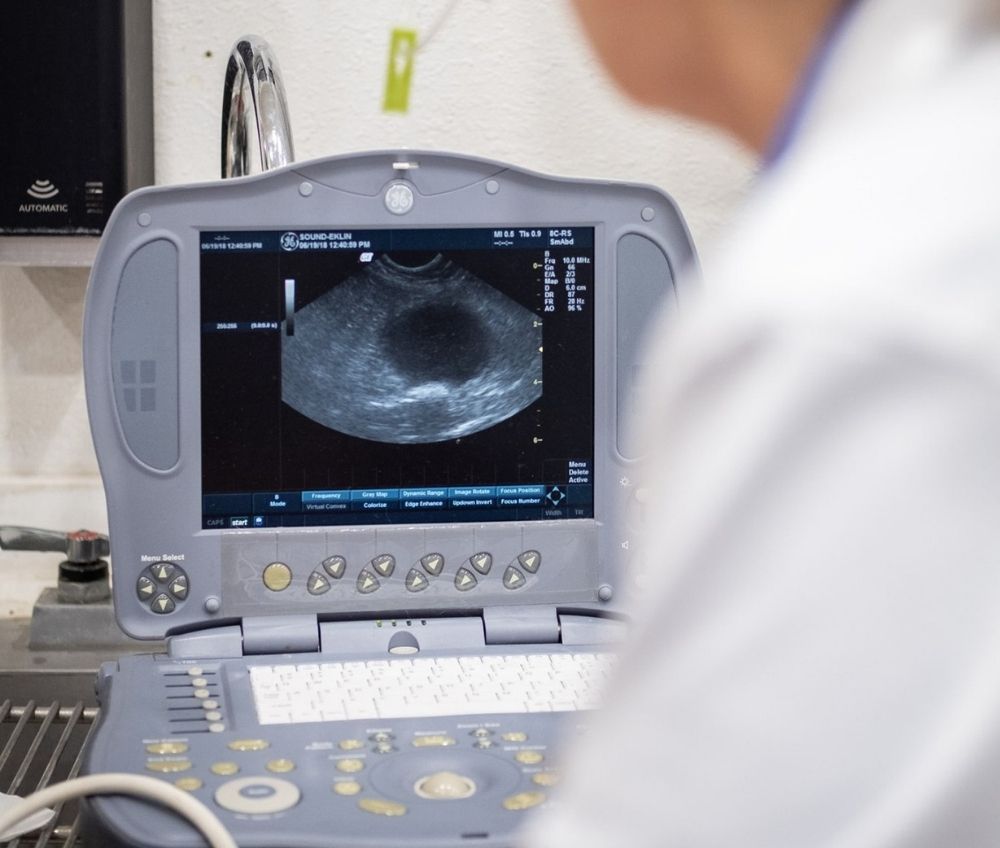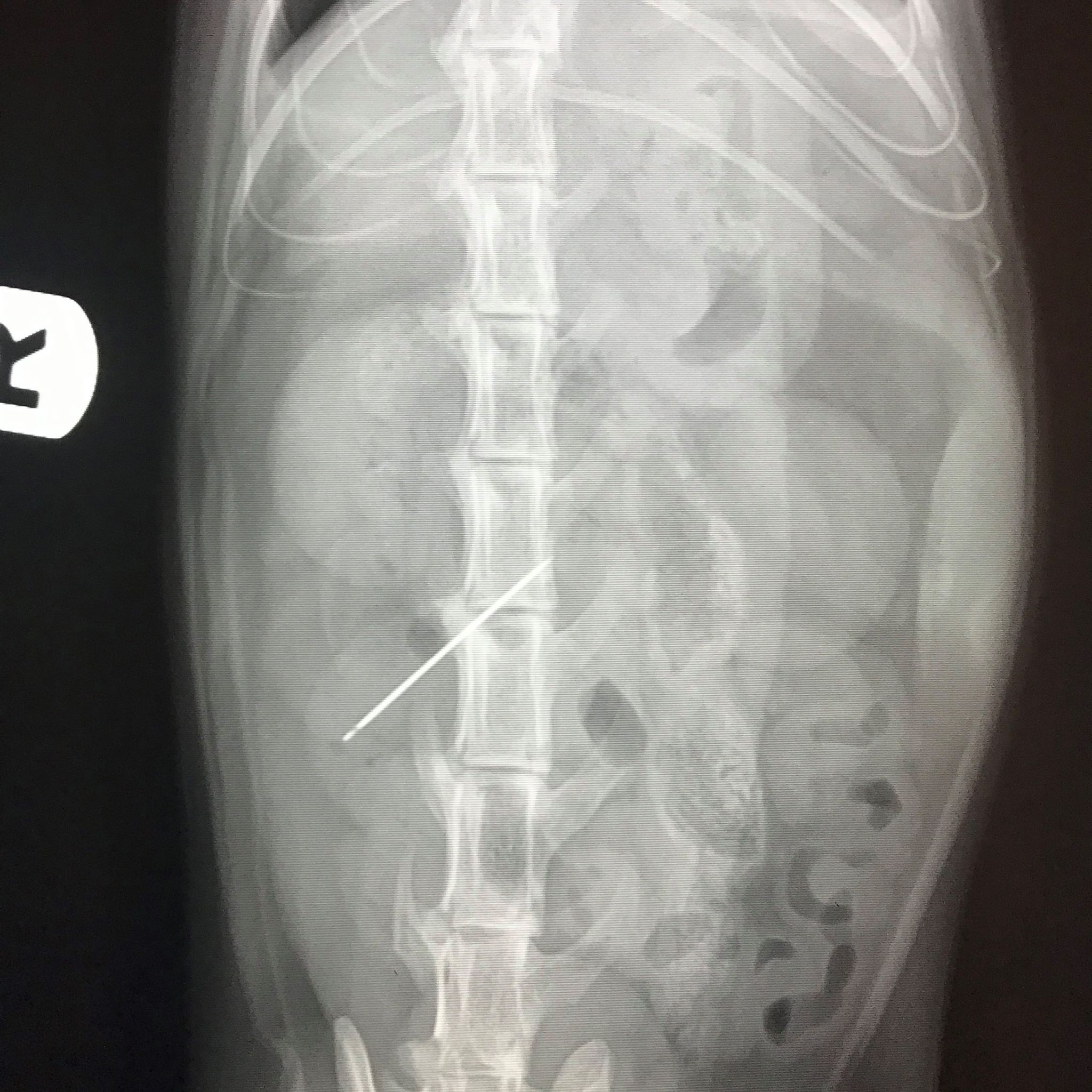Veterinary Services
Pet Diagnostics
We offer in-house laboratory, radiology, and ultrasound services for the pets of Anaheim, CA, and beyond.


Pet Diagnostics in Anaheim, CA
Here at Cottage Pet Hospital, we provide our clients with the best medical care for their pets and have some of the latest technology for veterinary diagnostics. To find the cause of your pet’s illness, diagnosis testing is often required.
We understand how anxious pet owners can become when waiting for the results behind their beloved pets’ problems. We can offer faster and more accurate results. We have on-site radiology, as well as other imagery services and an in-house medical laboratory that can help you get the results you need without further delay.
Offering these services on-site leads to a much faster diagnosis, so your pet can be given the proper treatment. We want the pets we treat, and their owners to be happy and know they are in hands they can trust. Our vets will discuss all treatment options that are available for your pet, as well as any fees involved.

Veterinary Ultrasound
Cottage Pet Hospital is proud to be one of the few veterinary practices with state-of-the-art ultrasound diagnostic equipment.
Ultrasound allows us to literally look inside your pet’s body and view incredibly detailed images. With an ordinary X-ray, we can see the size and shape of the heart, and determine size, normal, or possibly enlarged with a spot.
With ultrasound, we can now look inside the heart, view the valves, the arteries, and thickness of the walls of the heart. We can now see the whole structure of the organ. Ultrasound is completely painless and most of the time non-invasive. Most pets do not require anesthesia and in some cases, avoid surgery by early diagnosis and treatment. Procedures can determine organ health, growths, tumors, and also determine if your pet is pregnant and suggest a gestation timeline, and much more.
**Appointments are necessary as ultrasound procedures require 48-hour notice**
Veterinary Radiology
The most common and useful tools for veterinary diagnostics are radiographs and X-rays. For our vets to give the correct treatment to an animal, they need an accurate diagnosis. Radiographs have the ability to show the pet’s bones and organs by penetrating the tissue using electromagnetic radiation. X-rays can be used to show fractured bones, heart problems, objects that have been swallowed, and many other things.
Digital radiographs offer some critical advantages:
- No harsh chemicals are required to develop the images. This reduces any possible harm to the environment and those in it.
- The images can be viewed on a computer immediately after being taken.
- The images are clear and detailed. A quicker and more accurate diagnosis can be made as the image can be manipulated so our vets can get a better view of the pet’s internal organs and bones.
- Digital images can be sent by email if a second opinion is needed.
- Your pet will be on the X-ray table for a much shorter amount of time as the image takes a lot less time to process.
Veterinary In-House Laboratory
Our on-site lab means we can perform tests on blood, urine, and fecal samples ourselves. The results we receive from these tests are just as important for diagnosis as an ultrasound or X-ray images. These results are helpful for assessing your pet’s health and also detecting any diseases or other conditions.
Complete blood chemistry (CBC)
Analyzing blood chemistry can give us indications of the functioning of the internal organs. The CBC can indicate the presence of an infection, anemia, possible bone marrow issues, malignancies, or blood clotting issues.
Coagulation profiles
These tests are able to measure the body’s ability to stop bleeding. The profile can be used in cases where it is suspected that a pet has ingested rodent poison.
Urinalysis
When your pet’s urine is tested in our laboratory, it can help us to detect any abnormal presence in the urine – such as sugar, protein, blood, or white blood cells. The concentration or dilution of your pet’s urine can also help us to determine an illness. Diabetes, kidney problems, urinary tract infection, dehydration, and other medical conditions can all be diagnosed through urinalysis.
